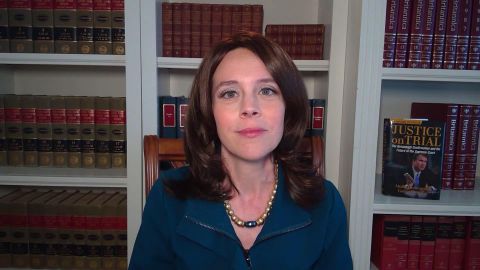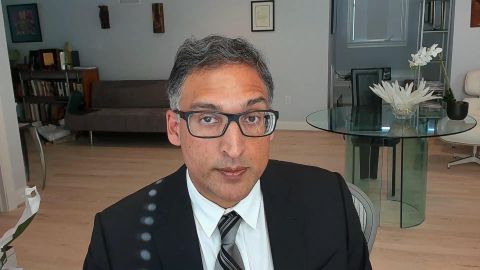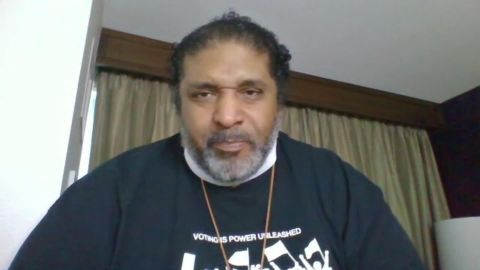Read Transcript EXPAND
ALEXANDER BETTS, OXFORD UNIVERSITY: Well, this pact is trying to provide something for everybody. E.U. member states are in different positions. We have seen countries, like Hungary, Poland, Austria, very reticent to accept more refugees and asylum seekers, other countries, like Germany, trying to provide ongoing leadership, with more solidarity. Now, the thing about the relocation deal is, it says that countries can basically commit on their own terms. So, some might take in refugees relocated from Greece and Italy, but, for others, they might contribute in other ways, through financial support, through providing money, effectively, to support returns. So, if some countries really don’t want to relocate refugees onto their territory, they might simply contribute to paying for the return of failed asylum seekers back to the countries they have come from. And it’s that element which is framed as solidarity, but has a heavy element of volunteerism, that means basically there’s probably a lack of teeth in this agreement. And it’s an attempt to be, in many ways, all things to all people. It talks about balancing responsibility and solidarism, but, in a way, it’s a pragmatic attempt to be agreeable to all, that the risk is that it therefore doesn’t achieve very much in terms of binding commitments to cooperation.
CHRISTIANE AMANPOUR: And you spend your life and your career studying the ways around this and how to try to have a humane policy. We’re talking 10,000 people, those people in Moria camp. We’re talking 10,000 people, and we can’t find countries to take — to divide that number between them. What does that just say about the continent right now?
BETTS: Well, we really have all the evidence we need at the moment that the political will to protect refugees is not there in Europe. Some of the basic values that underpin the European Union of human rights, solidarity, of support for refugees are not there. And while this new pact aspires to build lasting, sustainable corporation, the reality we’re seeing is that that’s just not there, that 13,000 people can be made homeless by fires in the camp in Moria on the Greek islands, and yet a handful of European countries have come forward and said, OK, we will take a few hundred children, relocate some families. But that we’re really trying to scrape the barrel of solidarity, just for those 13,000 people says at all. And I think a big side of the European debate is about externalizing this, outsourcing responsibility now to countries like Libya. And when the E.U. is really trying to outsource its human rights obligations to a failed state like Libya, it highlights that, behind everything that’s going on, there’s a really challenging politics in Europe.
About This Episode EXPAND
Christiane speaks about the charges–or lack thereof–against the Louisville police officers responsible for the death of Breonna Taylor. She also speaks with Carrie Severino and Neal Katyal about the potential outcomes of a new Supreme Court justice. Alexander Betts discusses the European Union’s new asylum policy.
LEARN MORE



